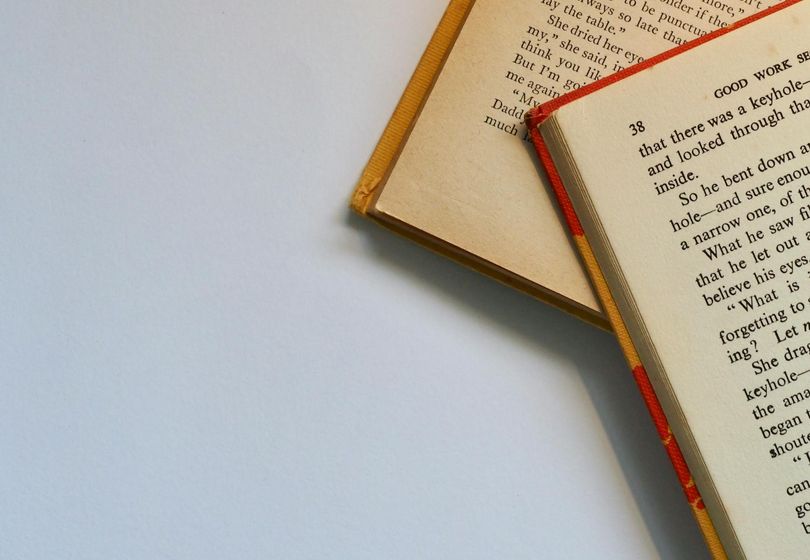
Welcome to the fascinating world of book smells! Have you ever picked up an old book and been instantly transported back in time by its unique scent? The aroma of aged paper, ink, and history all coming together in a delightful olfactory experience. In this article, we will delve into the science behind why books smell the way they do.
The Chemistry of Paper and Ink
The distinct smell of books can be attributed to the chemistry of paper and ink. Paper is primarily made of cellulose, which is a natural polymer found in plant cell walls. As paper ages, the cellulose molecules break down, releasing volatile organic compounds that contribute to the characteristic smell of old books.
Ink, on the other hand, undergoes a process known as oxidation over time. The chemical compounds in ink react with oxygen in the air, leading to the formation of new compounds that release unique odors. Different types of ink, such as those used in printing presses or fountain pens, can produce varying scents that add to the overall book smell experience.
The Timeless Scent of Libraries
Libraries have a distinct aroma that book lovers find irresistible. The scent of countless books housed in a single space creates a unique blend of fragrances that has been described as comforting and nostalgic. This library scent is a result of the collective smell of aging paper, ink, and the environment in which the books are stored.
The Science of Olfactory Experience
Research in the field of olfactory science has shown that our sense of smell is closely linked to memory and emotion. The smell of books can trigger powerful recollections of past experiences, transporting us back to moments of reading, studying, or exploring new worlds through literature.
The Legacy of Printing History
The evolution of printing technology has also played a role in shaping the way books smell. Vintage books, printed using traditional methods such as letterpress or offset printing, have a distinct aroma that is different from modern digitally printed books. The combination of paper quality, ink composition, and printing techniques contributes to the diverse range of book smells found in libraries and bookstores around the world.
Preserving the Scent of Vintage Paper
For book collectors and enthusiasts, preserving the unique smell of vintage paper is a priority. Proper storage and handling techniques can help slow down the aging process of books, ensuring that their distinctive aroma remains intact for generations to come. By understanding the science behind book smells, we can appreciate the cultural and historical significance of these olfactory treasures.
In conclusion, the smell of books is a delightful sensory experience that connects us to the past and evokes a sense of nostalgia and wonder. From the chemistry of paper and ink to the art of printing history, the journey of book smells is a fascinating exploration of our literary heritage.
